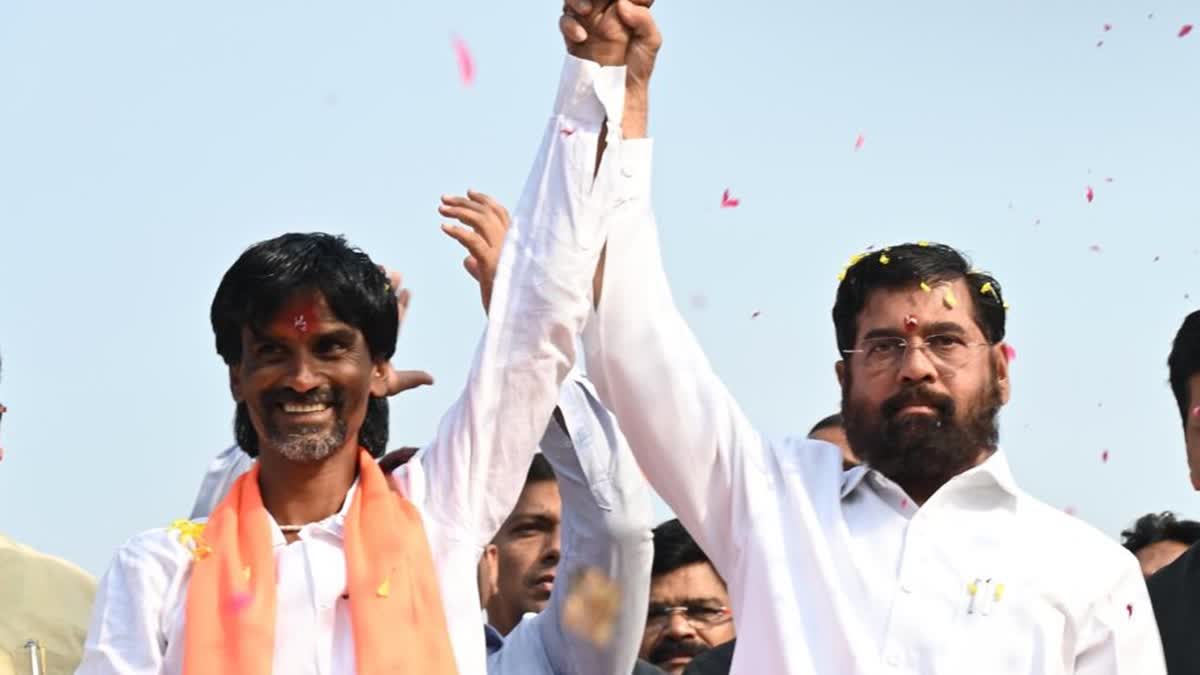Mumbai: Maratha reservation activist Manoj Jarange Patil on Saturday called off his hunger strike he launched on Jan 19 saying that the Maharashtra government had “accepted” their demands. Patil said that the state government will soon issue Kunbi certificates to 54 lakh members of the community in the backdrop of the recently passed ordinance by the Eknath Shinde led Maharashtra government in this regard.
Let us have a look at the history of the long pending demand of Maratha reservation.
After the 102nd amendment to the state constitution, the Central government delegated the authority to determine backwardness to the states. However, the 102nd constitutional amendment put a cap of 50 percent on reservations with the respective state seeking to exceed this threshold facing a challenge. In other words, the hike in the Maratha reservation was thereby subject to the relaxation in the upper limit.
The Maratha reservation stir dates back to October 15, 2018, when the community initiated protests for OBC-like reservations for them at the community's first march in Maharashtra's Aurangabad. Earlier in 2014, the Congress-Nationalist Congress coalition government had announced a 16 percent reservation for Marathas in government jobs and education.
However, the decision was stayed by the Bombay High Court. But, the next Devendra Fadnavis led BJP government unanimously passed a bill in the assembly proposing a separate 16 percent reservation for the Maratha community. The Maharashtra State Backward Classes Commission also recommended the reservation for Marathas owing to their social and educational backwardness.
However, in a setback to the Maharashtra government's efforts, a 9-judge constitution bench of the Supreme Court ruled that reservations should not exceed the threshold of 50 percent. Before the SC's rap to the Maharashtra government, the latter had formed the State Backward Classes Commission in June 2017 which was followed by a widespread Maratha marches in July 2018, and the submission of the commission's report in November 2018.
On November 30, 2018, the Maharashtra Legislative Assembly passed a bill on again envisaging a 16 percent reservation for Marathas in education and government jobs, declaring them socially and educationally backward. But the SC again stepped in with the apex court on September 9, 2020, staying the state government's law on Maratha reservations.
The total reservation in Maharashtra stands at 52 percent, with various categories including SC, ST, OBC, SBC, VJ A, NT B, NT C, NT D, SEBC etc. The latest proposal to provide Kunbi certificates to the Marathas raises the reservation cap to 68 percent posing a legal challenge for the Shiv Sena (Eknath Shinde faction)-BJP coalition in Maharashtra.
